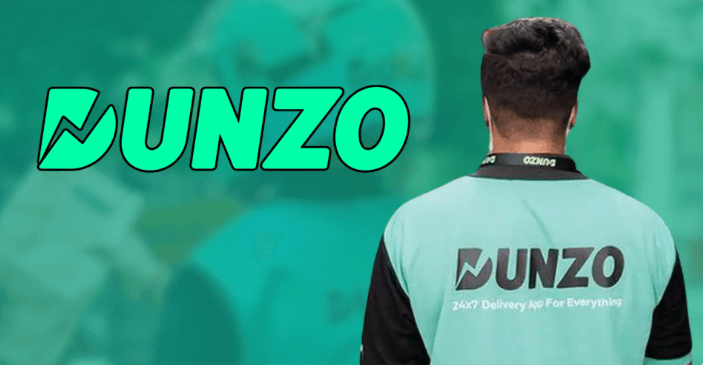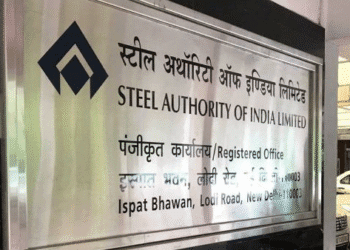Athira Sethu
Kochi, 9 August 2025
Reliance Industries has lost every penny it invested in Dunzo, a fast-delivery app. The amount was Rs 1,645 crore, or roughly $200 million. The funds were invested by Reliance Retail Ventures in 2022. Reliance then acquired a 25.8% stake in the company.
That money is lost now since Dunzo has closed down. The Dunzo app and website ceased to function on January 13, 2025. This came after the last co-founder and CEO of the company, Kabeer Biswas, exited the company. Later, he joined Flipkart to lead its own instant-delivery venture named “Minutes.”
Dunzo had raised more than $450 million along its journey. But it had a lot of issues. There were continuous layoffs, not paying employees their salaries, and an immense cut in services. The company was unable to maintain strong competition in the area of quick delivery.
Major conglomerates such as Reliance Retail and Google had invested in Dunzo. They even attempted to sell the company, but nobody was willing to buy it. Due to this reason, Reliance finally wrote off the total amount it had invested.
A few of Dunzo’s lenders also approached the National Company Law Tribunal (NCLT) since they were not repaid. This put further pressure on the already struggling organization.
Dunzo’s failure illustrates how challenging the quick-commerce sector is in India. It is a market with stiff competition from other large players such as Blinkit, Zepto, and Instamart. The firms ship groceries and other products rapidly to consumers.
As a result of poor planning, poor operations, and declining investor confidence, Dunzo was unable to survive.
This write-off by Reliance is among the largest in the startup ecosystem of India. Other large write-offs are a $500 million write-off by Prosus in Byju’s and $38 million in ZestMoney. Info Edge also lost Rs 276 crore (approximately $33 million) in 4B Networks, a Rahul Yadav-led company.
The collapse of Dunzo is a reminder that every startup does not succeed, even with lots of money backing it.




















